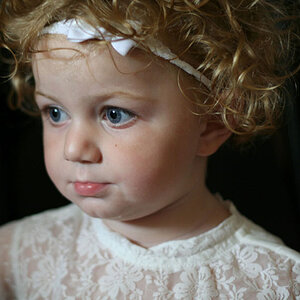LastingImpressions63
TPF Noob!
- Joined
- Jul 7, 2023
- Messages
- 10
- Reaction score
- 9
- Location
- West Richland, WA
- Can others edit my Photos
- Photos NOT OK to edit
I am at the research stages of getting in to photography and am at a loss of knowing where to begin as far as equipment to invest in. I see myself photographing mostly Nature/Wildlife, Landscapes, People, Events. Curious of mirrorless vs DSLR. Specific brands and specific equipment one might recommend to get started for a less than rookie yet not outgrow the equipment too soon would be greatly appreciated. Thank you in advance!


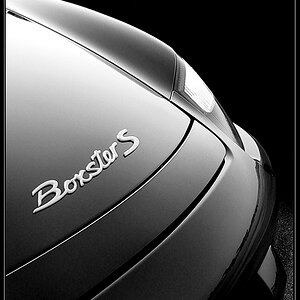
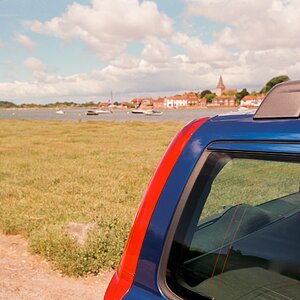
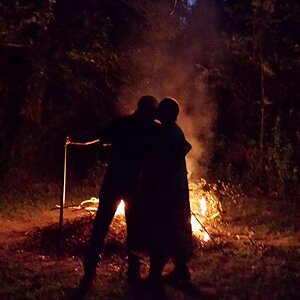
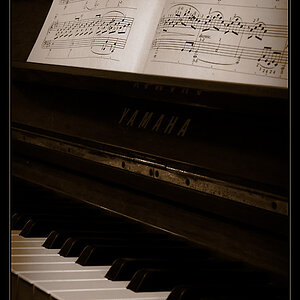
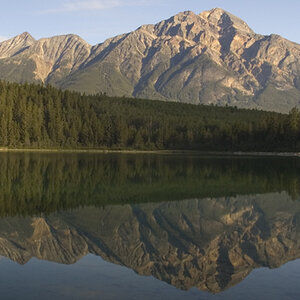
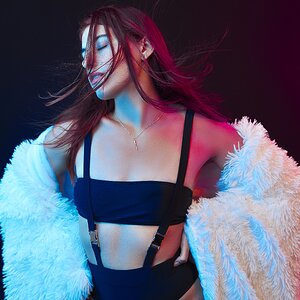
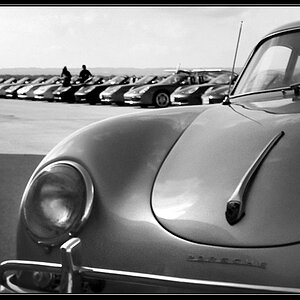
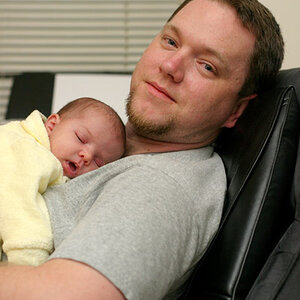
![[No title]](/data/xfmg/thumbnail/31/31747-2e2e2bda16938a6a1d5fd6120c558293.jpg?1619734987)
![[No title]](/data/xfmg/thumbnail/42/42063-eb634e07d8ad641481cc20fb5cf4d6de.jpg?1619739997)
